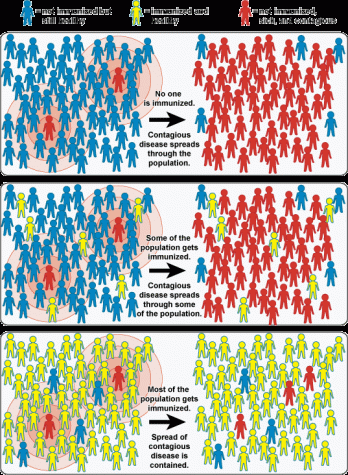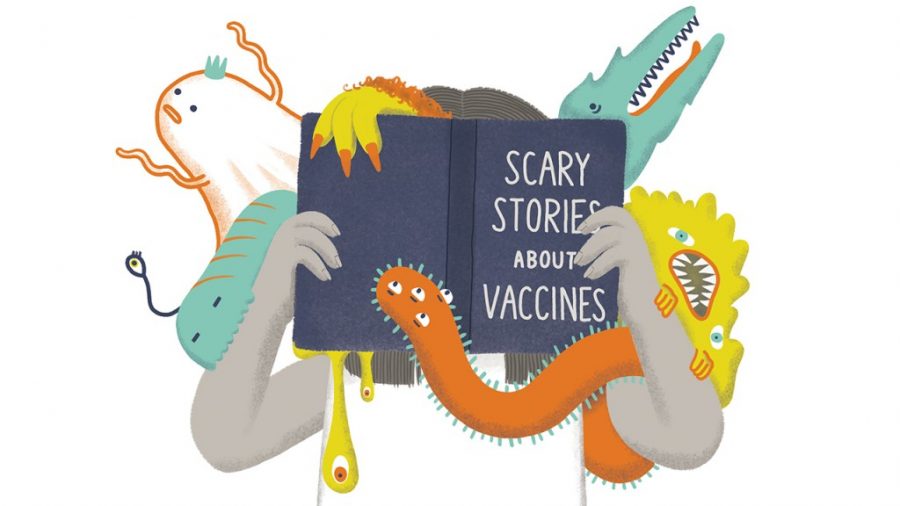Anti-Vaccination in the U.S. on the Rise
October 23, 2018
In the past decade, the anti-vaccination movement has gained a large following, leading to rising concern about the increasing risk of vaccine-preventable diseases. Much of this fear of vaccination comes from the belief that vaccines will lead to long term health problems, particularly autism, in children. However, there is no scientific evidence showing a link between vaccines and autism. According to recent federal health data, the percentage of children under the age of two in the U.S. who have not received any vaccinations has quadrupled from 2001.

The amount of unvaccinated children is a growing concern as many kindergartners and preschoolers are not getting protection against preventable diseases such as measles and whooping cough. In addition, these children are not only at risk of contracting a potentially fatal disease, but are also a risk to the general public. Even a small number of people who did not receive vaccinations make it easier for a disease to spread.
A concept known as “herd immunity” states that resistance to a contagious disease in a population results when enough members of the population have an immunity to the disease. This means that the people with an immunity to the disease act as a barrier to those who carry the disease. Therefore, the disease is contained and cannot spread and infect others.
According to a CDC Analysis of a national immunization survey, 1.3% of children born in 2015 had not received any vaccinations, 0.9% in 2011, and 0.3% in 2001. This has led to serious concern from health officials, as failure to vaccinate children in some communities has led to the return of preventable diseases, most notably measles.
Although many people today have grown up in a world without the looming threat of serious child illness, it is important to remember that this may not always be the case if this anti-vaccination trend continues.












